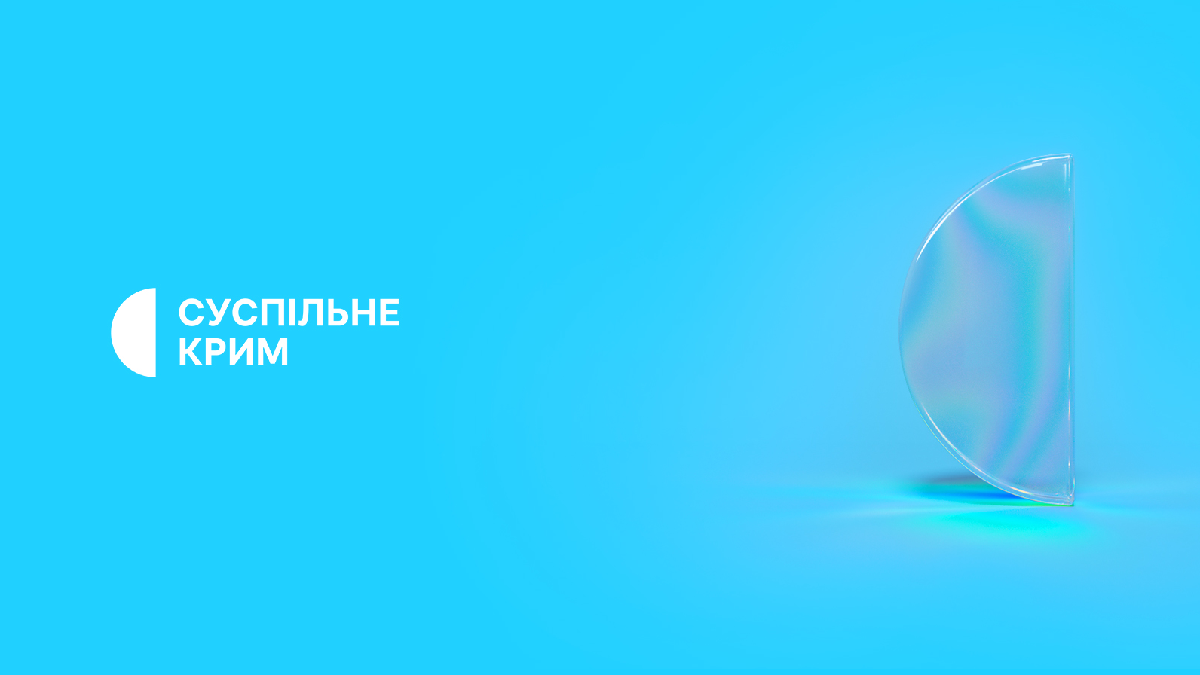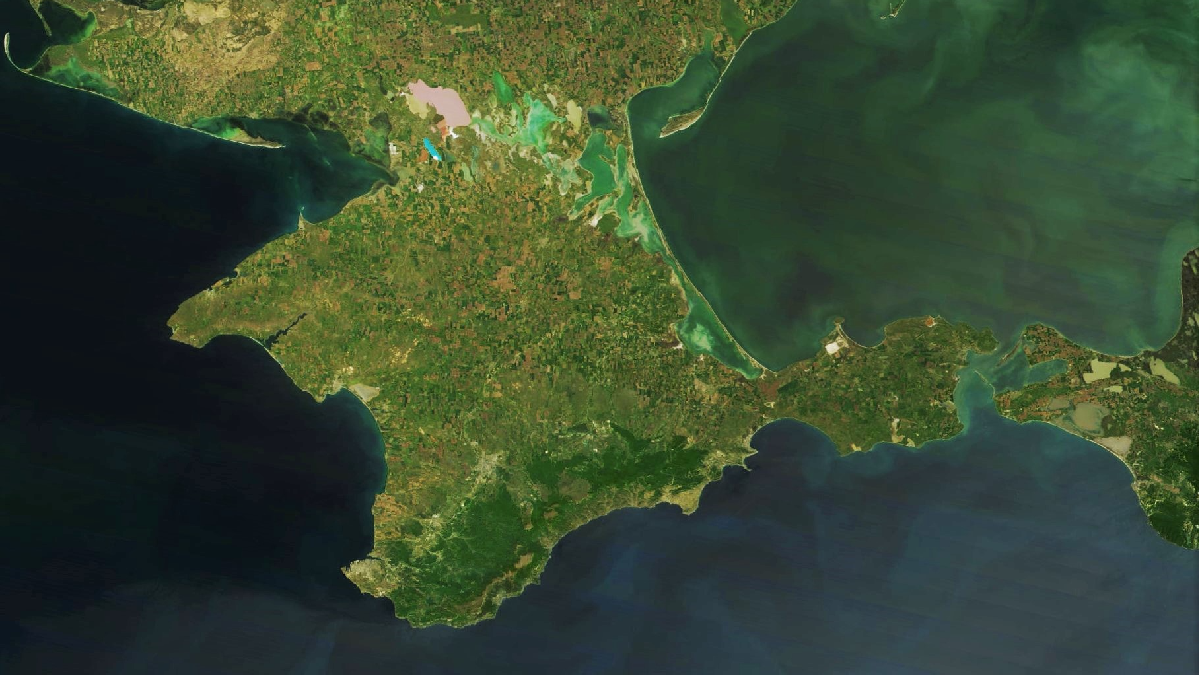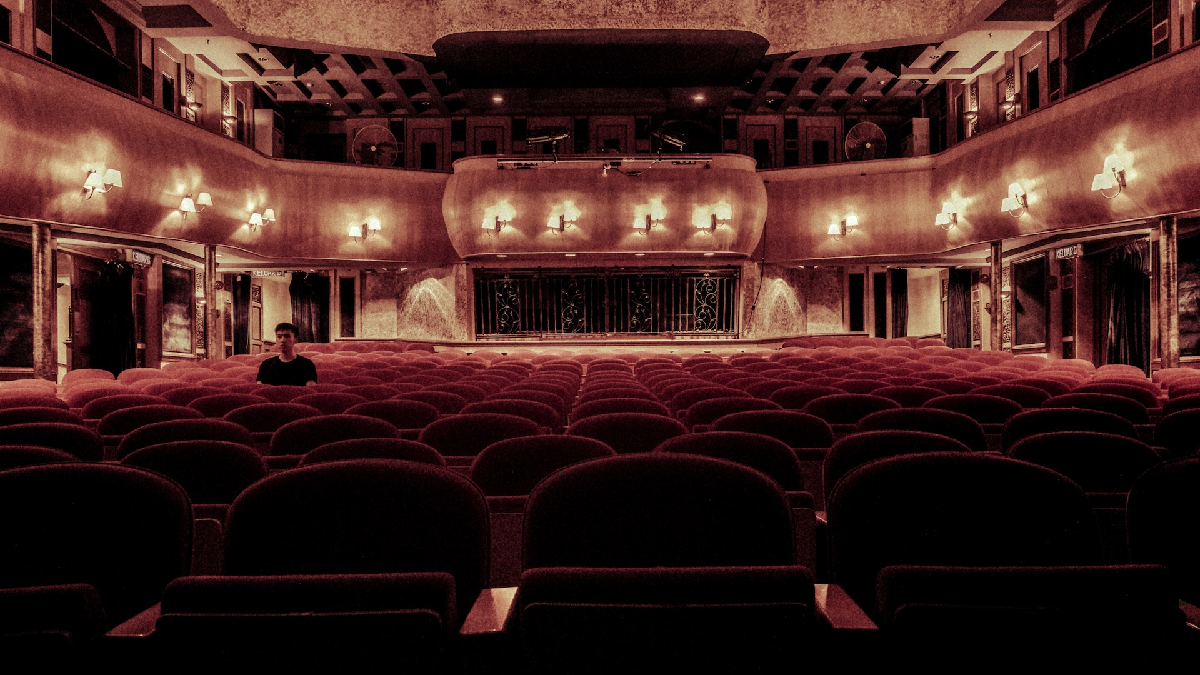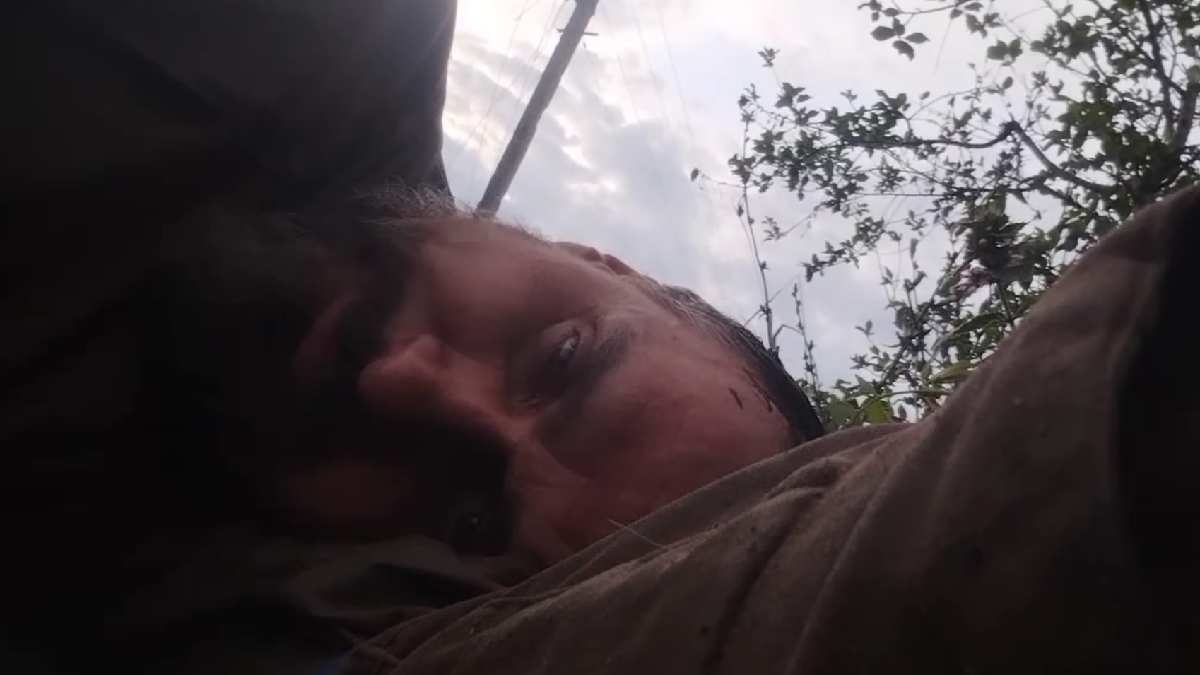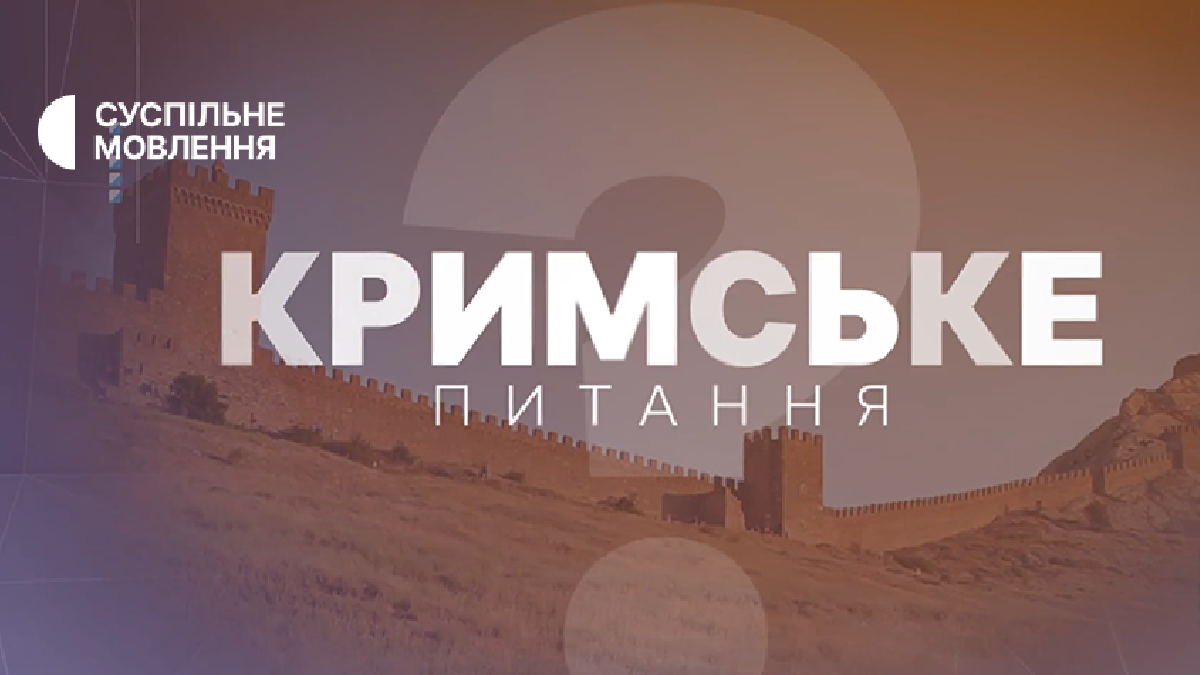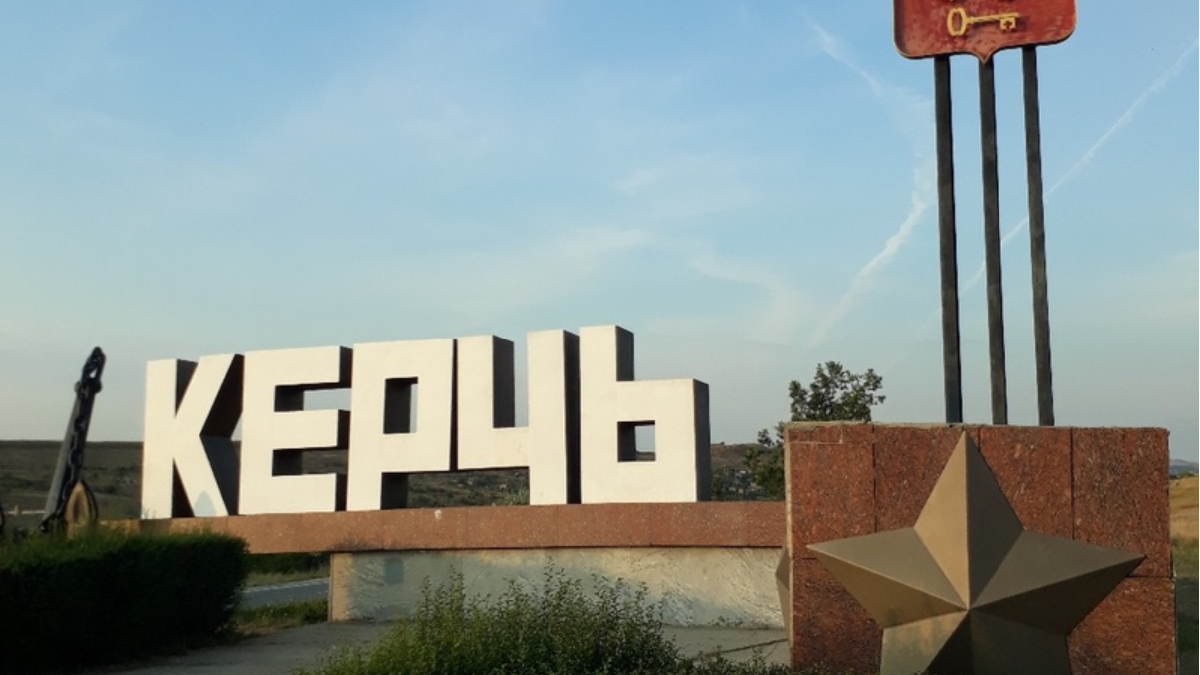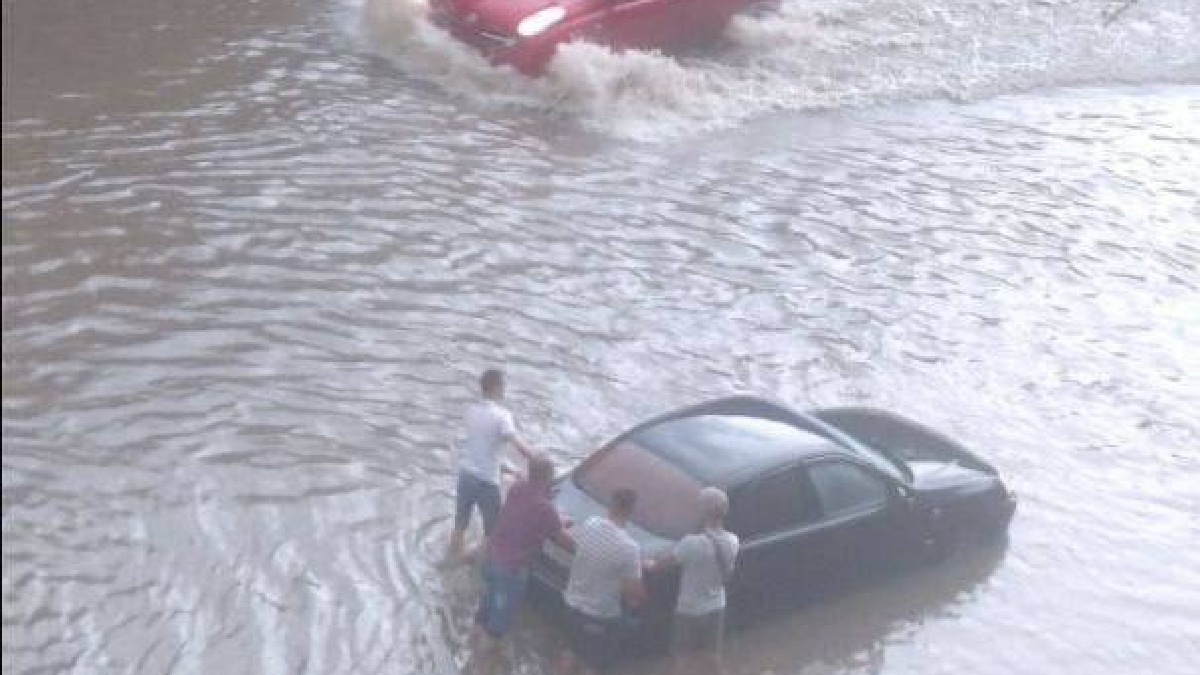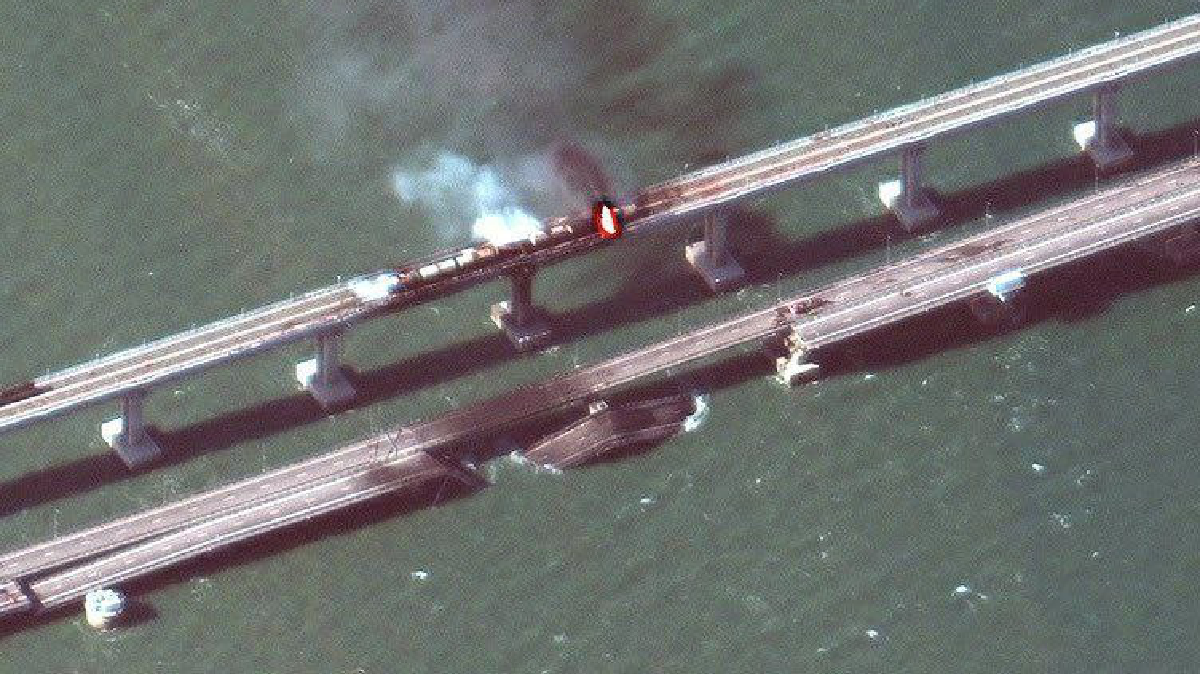“Crimean theme appears on Ukrainian TV channels when there are searches” | Nariman Dzhelyal’s interview before his detention
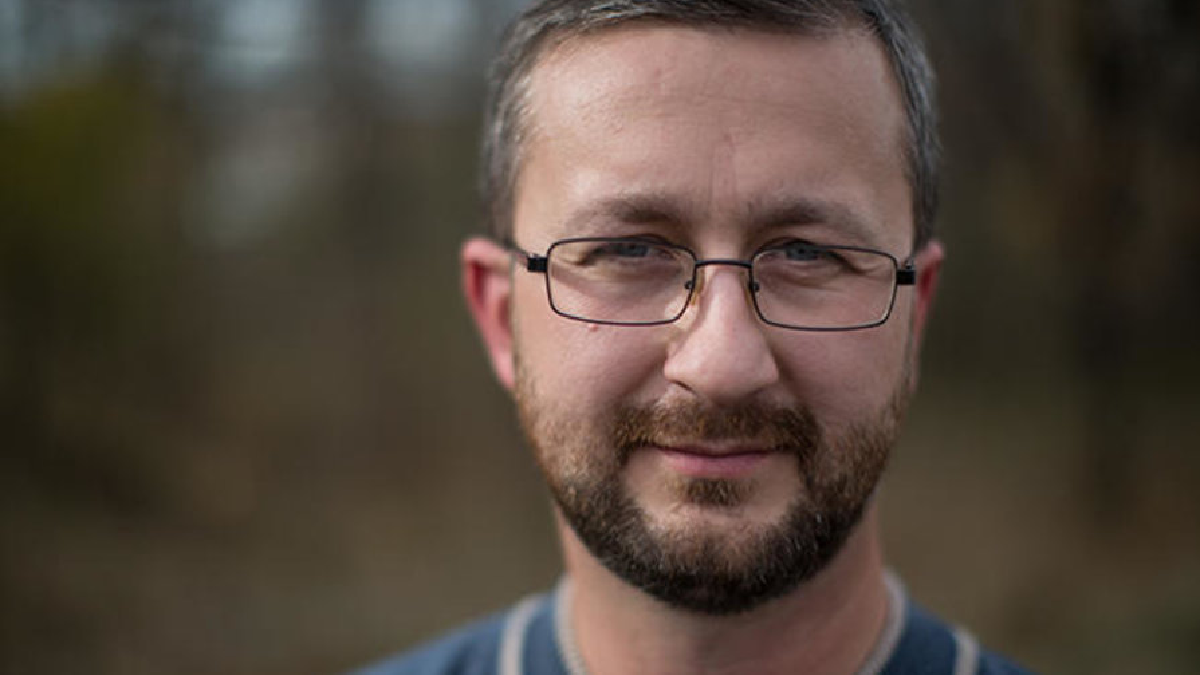
Nariman Dzhelal’s interview about education, as part of the KEÇ GECE SHOW program on Ukrainian Radio, was his last interview before his detention. The conversation with Nariman began at 8:20 p.m., and a few hours later he was abducted by the FSB.
- In our conversation, I would like to raise the topic of modern education and the role of the Mejlis in this issue. In recent months, you have been creating a video blog “Luğat” on your Facebook and Instagram. Why such a format, and for whom do you make it?
- You know, I have been doing such experiments for a long time. At the beginning of the pandemic, in March, I made about ten videos on the language topic. Of course, I thought about speaking Crimean Tatar, but to be honest, the number of people who watched the videos was small.
I didn’t analyze, but most of those who watched the videos were older people who can speak the language well. Unfortunately, there were not many young people. I’m not talking about students, I’m talking about people, who are forty years old, whose children already go to kindergartens and schools.
Among them, very few people know the language. Most importantly, they do not intend to speak Crimean Tatar. I don't have sociological data, but it feels that way. That's why I launched another project. There is more than one topic at the moment, I shoot videos on different topics. I took a break last month, but I plan to resume filming in September. I set a goal for myself - even in Russian, but I will introduce simple (ed.-Crimean Tatar) words that are used most often and which are always heard.
I hope that those who watch will remember them and their level of Crimean Tatar will increase. In these three-minute videos, with the help of modern editing, I present 5-6 words in the native language.
That's why I called my vlog "Luğat" (dictionary). There is no other connection here, just to translate a few words. Our activists and language experts told me: "Why don't you make videos in Crimean Tatar?" It's not difficult for me.
- We will get to the comments now. So, you make these videos for the 40-year-old generation, not younger people.
- In general, I make them for those who are interested, and I would like the majority to be young people. Their vision is being formed right now. I wanted to share my thoughts with them, and they might like it.
It is important to analyze. In today's Crimea, "such" an atmosphere and strong propaganda. "They" try to cram different thoughts into the minds of young people.I would like young people to watch my and other blogs, listen to independent people and think. I do this to "think about where the truth is today and where it is not." Of course, not only young people, but the central audience is them.
- Let's get back to the comments. I saw (ed. - comments under the blog on Facebook) and was very surprised because one of those who said that videos should be made in the Crimean Tatar language was Safure Kadzhametova. The fact that the Crimean Tatar language is not understood is also her fault because she was engaged in education all the time in the Mejlis, wasn't she?
- Yes, she was. For years she headed the educational field and the Crimean Tatar language. I do not think it is her fault. During the last years of the occupation, I also try to deal with the language issue. It is important to speak directly - this is a very difficult situation because it is not even connected with the laws.
In my opinion, first of all, it has a lot to do with our personal psychology. Of course, not only with this, but I see that this is one of the main things. Because we have already got our experience. If parents have the desire - other obstacles and problems can be overcome. If not one hundred per cent, then eighty. If parents are determined - "my child will learn their native language, in kindergarten or school", all problems can be eliminated. Therefore, I do not want to look for someone else's fault in this issue, but I think we have a lot in our hands. We have opportunities, we need to work on them. We need to understand this problem and solve it.
- Is the problem the most related to regular schools or national ones as well? Until 2013 there were national schools. Do they still teach all subjects in the Crimean Tatar language?
- There were 15 schools, now probably 15 schools remain, including school №44. Here is an example: September. This new school has six or seven first grades, but the "officials" in their speech do not say that these are national classes, they say "bilingual classes." Some subjects are taught in Crimean Tatar, some in Russian.
Another problem - is that in national schools, Crimean Tatar can be taught only up to the 9th grade, 10th, and 11th grades can only be taught in Russian.
Crimean Tatar can be studied as a subject, but Crimean Tatar education cannot be received. There are also objective problems: teaching staff, the scientific base, and so on. But if we want, we can demand and solve it. In other matters, we must set boundaries. But in matters of education, we must work. However, the options are not found, because no matter how much this government makes declarations, no matter how much it praises itself that for the first time the Crimean Tatar language has become the state language, they still will not want to give us an opportunity.
- The organization Q-hub contacted the Ministry of Education and Science of Ukraine to find out the number of students from Crimea.The largest number was in 2020 - 397 children currently studying in Ukrainian universities. Not many, given that 10-12 thousand students graduate each year. Why such a number, what is the problem?
- I think there is a range of problems. Maybe people don't get enough information. Currently, Ukrainian TV channels do not report on this. The Crimean theme appears there only when there are searches or something else happens. The Internet is also not very popular, everyone is used to television. One needs to understand why people are not looking for information and, for the most part, this is due to difficulties - they have to overcome borders, and this is not easy, now the problems with the pandemic are coming out, etc. Even before that, parents were afraid to let their children go far. When I studied, it was the same. And, for example, imagine the parents of a graduate. Studying in another city, Kharkiv or Kyiv. And now there are also fears - "will go there, far from home, and it's like in another country, and if the connection is cut, what will happen", etc. There are many reflections, and this influences the fact that Crimean children do not enter Ukrainian universities. There have been more opportunities lately.
- Arriving at the Crimean Platform, did you manage to voice the problems to the Ukrainian ministers?
- No, this time I did not have such a goal, we came for a few days. We witnessed this event, talked to some of our friends, but my team and I have good relations with the Representation of the President of Ukraine, with public organizations and experts.
We are looking for different ways to find information, but it is difficult to analyze and demand something - from international organizations, Ukrainian ministries, or from the Crimean "government". It is difficult because they say (ed. - the occupying government): "we do everything, everything is good, there are no problems, if there are - we will solve", but they do not solve.
That is why it is difficult for us, activists, to work in Crimea now. Many doors are closed. That's the situation we are in.
